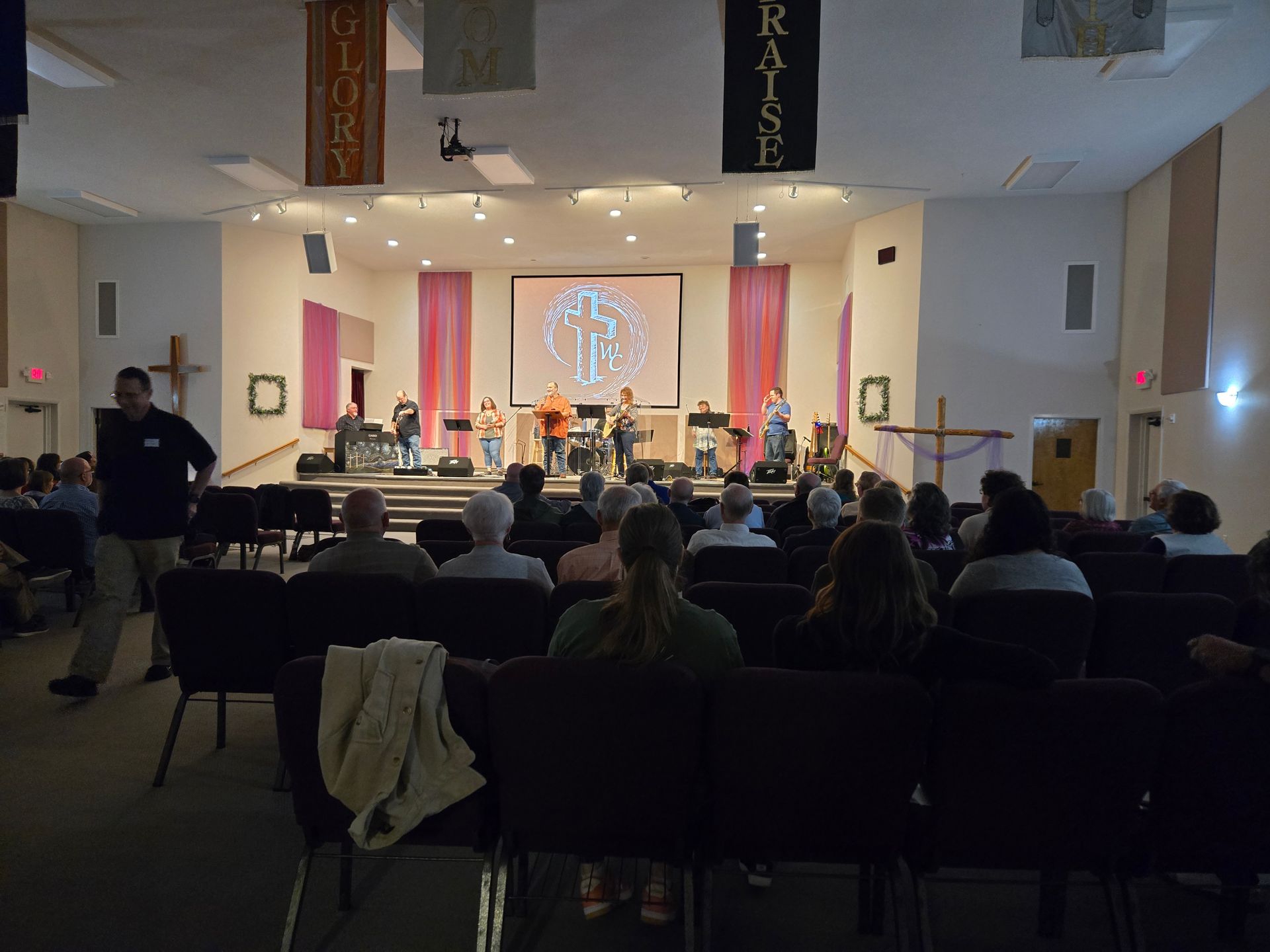Advent as Resistance
Today's post comes from Brethren Contemplative. Jason Barnhart blogs regularly on faith, Brethrenism, and culture at Brethren Contemplative.
I’m often asked why celebrating Advent is so important. Indeed, low church Protestants have great disdain for liturgy fearing that such a concept is a Catholic idea. The word “liturgy,” however, comes from the Greek term leitourgia which literally translated means “the work of the people.”
Christian worship is a common work that we share with fellow spiritual travelers who have realized that Christ followers operate in a different time zone. Our year does not start with New Years but with Advent. Our year starts with a waiting for our God to break into mundaneness of our existence. Time becomes space. Space becomes a container to be filled by the presence of our Lord and Savior. The Sabbath of Advent reminds us of the need for space in our space to allow the presence of Christ to be known.
In his marvelous book, The Sabbath, the Jewish theologian Abraham Joshua Heschel describes the Sabbath as a “cathedral in time” (Heschel 2005a, 3). Cathedrals connote sacred presence and worship. Heschel remarks, “One of the most distinguished words in the Bible is the word qadosh, holy; a word which more than any other is representative of the mystery and majesty of the divine” (Heschel 2005a, 9).
Now what was the first holy object in the history of the world? Was it a mountain? Was it an altar? It is, indeed, a unique occasion at which the distinguished word qadosh is used for the first time: in the Book of Genesis at the end of the story of creation. How extremely significant is the fact that it is applied to time: “And God blessed the seventh day and made it holy.” The meaning of the Sabbath is to celebrate time rather than space. Six days a week we live under the tyranny of things of space; on the Sabbath we try to become attuned to holiness in time. It is a day on which we are called upon to share in what is eternal in time, to turn from the results of creation to the mystery of creation; from the world of creation to the creation of the world. (Heschel 2005b, 10)
The Sabbath becomes our counter-cultural and holy pushback to a world that refuses to rest and stubbornly disavows all limitations. Seasons like Advent invite us to realize that the containers of our lives (individually and corporately) can only be truly filled by the eternal presence of Christ. Everything else is but sand in a sieve.
Following Heschel’s lead, the Old Testament theologian Walter Brueggeman, in his book, Sabbath as Resistance: Saying No to a Culture of Now, writes, “Those who remember and keep Sabbath find they are less driven, less coerced, less frantic to meet deadlines, free to be, rather than to do. Sabbath is not simply a pause. It is an occasion for reimagining all of social life away from coercion and competition to compassionate solidarity” (Brueggeman 2014, 45). Sabbath as resistance is intentional simplicity. It is swimming against the stream. It’s not always popular, but it is the only cure for a dog-eat-dog world that insists that we are more than human. Such a journey is challenging, demanding, and, above all, intentional
Sabbath seasons like Advent remind us to be human (not more than human or super-human) because our God becomes human. We wait for the rest (Sabbath) he brings to our lives. Our God breaks into our time and transforms it.
There are two Greek concepts of time: chronos and kairos. Chronos (from which we get the word “chronology”) is clock time: minutes, decades, centuries—past, present, and future. Kairos is time as substance.
If you ask me how much time I spend with my children, I can answer with chronos time. I spent two hours with them. I can also give you a kairos time answer—I spent time coloring with them, telling jokes, watching movies, and cuddling in the recliner.
God calls himself “I Am” in Scripture—he is eternally present. It is God’s “is-ness” that is kairos time. Kairos is God’s time. Chronos is human time.
Most of us spend our lives serving chronos time where the second hand determines the movement. There is no drivenness to kairos time. It never looks back and wishes it had achieved more.
Mythologically, Chronos was the name of a short Greek god whose legs were muscular and whose heels were winged. He moved quickly. He was bald and slick at the back of his head. The implication was that if you could grab him as he came toward you, you could take hold of him and make him respond to your wish. But, if you allowed him to pass, and then tried to catch him, your hands would slide off. Chronos is time as we embrace and control it. Kairos is that time that embraces us.
Advent is meant to be a kairos season for the world. Christmas, however, has become a chronos season with accumulations of stuff and anxiety about chronos time. We were made for both and Advent celebrates that our God knows both intimately.
Churches have already rushed by Advent declaring God has come. Indeed, some churches haven’t even celebrated Christ’s birth for a hot minute before they rush off to crucify him in their worship. Christ exists in three senses to the people of God— the historical person of Jesus, transcendent Christ, and mediated, immanent Christ (kairos). This Advent season, may the kairos of Christ fill the container of your heart. Wait…long…cherish the Christ child. Our God has come to us. May he disrupt your chronos schedule and offer you a lasting kairos moment.










